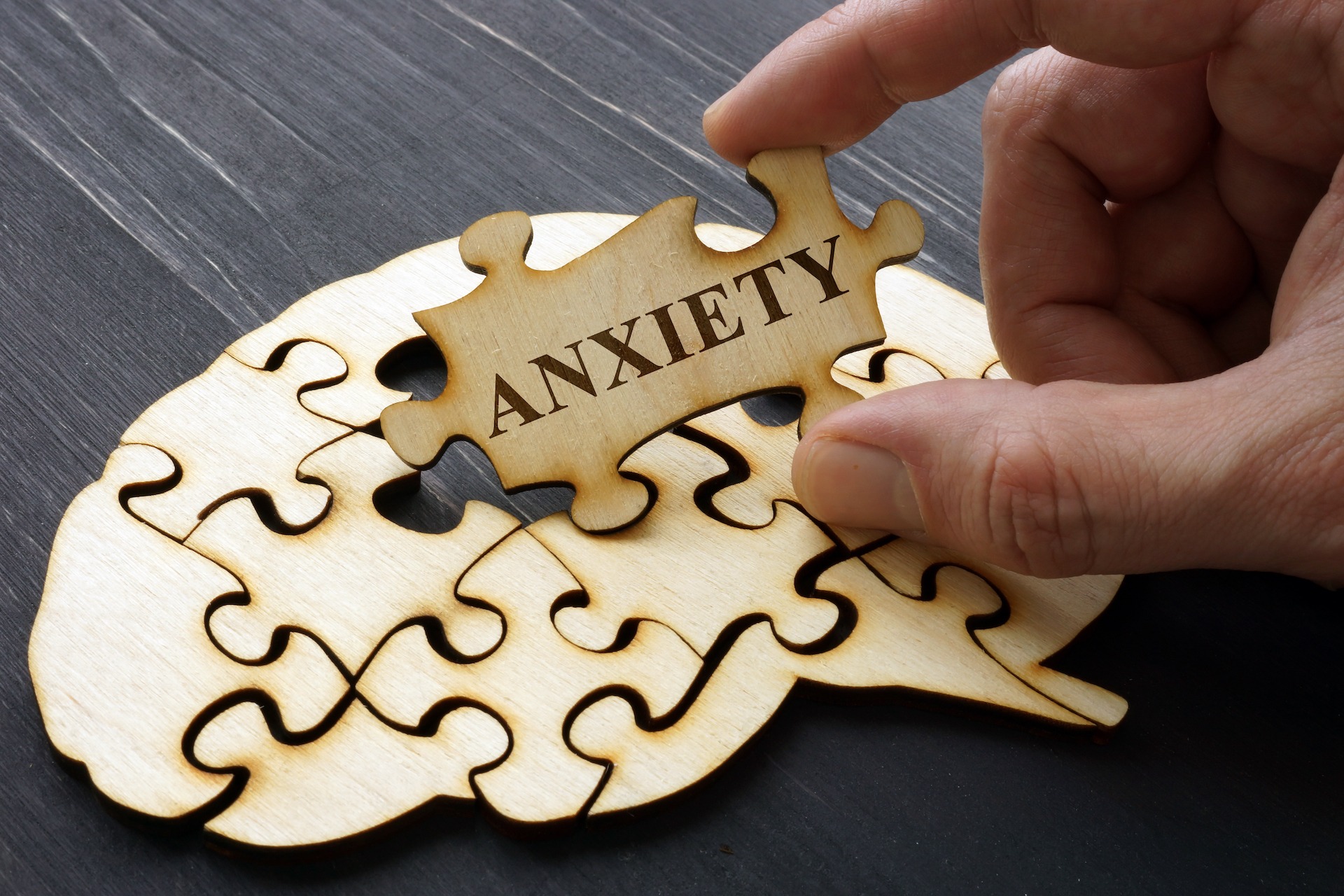How to Defeat Social Anxiety after the COVID Pandemic: Ketamine Therapy
December 27, 2021
How to Defeat Social Anxiety after the COVID Pandemic: Ketamine Therapy
Social anxiety is a mental health condition that can be debilitating. The COVID pandemic that swept across the globe left many people isolated, which created a new problem: social anxiety. There are many steps you can take to defeat this feeling of intense fear and discomfort in social situations. This blog article will discuss the causes of social anxiety and how it’s treated, as well as the potential role Ketamine treatment may play.
What is social anxiety and how does it impact people’s lives?
Social anxiety, also known as social phobia, can be debilitating. It is a condition that makes people feel intensely anxious in social situations. People with this disorder feel very strong fear or discomfort in social situations and may go to great lengths to avoid these types of environments.
It may also express itself as an overwhelming set of unpleasant and physical sensations which cannot be controlled. It can make it difficult for them to perform at work or school because of their fears of being judged by others. They may find themselves avoiding going out with friends, attending parties and other social events where there will be many people they don’t know well. The symptoms of social anxiety range from mild to severe – some people only have occasional episodes while others suffer almost constantly throughout the week.
Causes of Social Anxiety Disorder
Social anxiety disorder can develop after a person experiences an overwhelmingly stressful or traumatic event. The COVID pandemic left many people isolated for prolonged periods which made resuming the normal activities of life, including social gatherings, work, school-related functions, or coping with crowds, an intensely anxiety-provoking experience.
Sufferers may also have an oversensitivity to being negatively judged by others. Those with this disorder feel fear or discomfort in social situations and can go to great lengths to avoid these types of events, which may make it difficult for them to perform at work or school. They may avoid going out with their friends, attending parties, and any gatherings where they will encounter strangers.
Compounding the fear of resuming social interactions, is the fear of catching COVID and spreading it to vulnerable members of your own household.

Symptoms of Social Anxiety Disorder
Some people experience only one symptom while others may have multiple signs and symptoms they deal with regularly. Social anxiety disorder comes with a variety of symptoms, which can vary in severity and frequency. The most common ones include:
- panic attacks
- excessive worry
- fear of being negatively judged by others
- racing heart or rapid heartbeat
- hyperventilation
- dizziness
- nausea
- trembling hands or limbs
- sweating profusely
- dry mouth
- trouble speaking
- avoidance of social situations
In severe cases of this condition, people can even develop depression secondary to their fear of social situations.
Treatment, including medications and therapy
Therapy
There are many ways to treat and manage social anxiety disorder. A therapist can help a person understand their condition and learn how to manage it. Therapists using Cognitive Behavioral Therapy (CBT) help patients recognize and correct problematic thoughts and behaviors. CBT can also teach people how to cope with their fears in a way that doesn’t make them worse or lead to avoidance behavior.
Medications
A doctor may prescribe medication, such as antidepressants, anti-anxiety drugs, or beta-blockers, which are work to reduce the effects of intense fear.
Other Options
For treatment resistant cases where therapy and traditional medication isn’t helping, Ketamine infusions have been used successfully by clinicians when other options have failed.
Ketamine Therapy is a therapeutic option
History of Ketamine
Ketamine is an FDA approved drug that has been used for many years as an anesthetic. More recently it has shown promise as an off label therapy for patients suffering from mental health conditions like depression, PTSD, and even Social Anxiety Disorder who haven’t found relief from traditional medications or therapy based treatments.
Actions in the Brain
Ketamine is an N-methyl-D-aspartic acid (NMDA) receptor antagonist that affects the glutamatergic neurotransmitter system in the brain. Glutamate, which is the major excitatory neurotransmitter in our nervous system, has a significant role in learning and memory creation.
Emotional distress is linked to glutamatergic excitotoxicity, which means there is an excess of glutamate in the brain. Ketamine treatment inhibits glutamate activity at the NMDA receptor site, improving emotional control.
Ketamine therapy has been proved to encourage hippocampal neurogenesis, which is responsible for memory creation. Within seven days of dosing, it may stimulate the emergence of new neurons. It also promotes BDNF production, which stimulates neuron development and strengthens synapses.
How Ketamine Therapy is Given
Ketamine therapy is administered at a ketamine clinic intravenously by trained medical professionals during a session that typically lasts between 45 minutes and one hour. For patients that respond to therapy, ketamine works rapidly – usually, within hours to days patients notice an improvement in their symptoms. The therapy protocol consists of 6 of these infusions over a 2-3 week period. After completing these initial 6 infusions patients are encouraged to return for periodic maintenance infusions approximately every 4 weeks to maintain the beneficial effects.
Ketamine Treatment is Safe
One of the biggest concerns people have about ketamine therapy is safety. Since it has been used as FDA approved anesthetic for decades, its safety is well documented. There are extensive studies that prove the safety and efficacy of ketamine therapy when used off label to treat medical conditions like chronic pain due to cancer or neuropathic pain from diabetes.
In the last 15 years, ketamine therapy has been expanded to treat depression, particularly treatment resistant depression, and other similar mental health conditions.

Don’t wait to feel better
Social anxiety disorder can be debilitating, but it doesn’t have to dominate your life. If you or someone you know is suffering from this condition, ketamine therapy may be an option to explore and research further. In particular, ketamine infusions have been shown to help patients who haven’t responded to other therapy. It’s important that you seek treatment for this condition before the fear of social situations prevents you from living a normal life.
Where to look
There are ketamine clinics in most major cities in the US. If your doctor suggests trying ketamine therapy as a possible option it can be helpful to ask your doctor about local clinics that provide this treatment.
If you live in Chicago or the surrounding suburbs, MD Infusions provides ketamine therapy. We also treat depression and other mood disorders.
Don’t wait to feel better! Social Anxiety Disorder doesn’t have to control you. There are many options that you should discuss with a medical professional including therapy and medication.
For more information about Ketamine Therapy for anxiety, depression, or PTSD, please contact us at MD Infusions by clicking here or calling 844-463-8734.